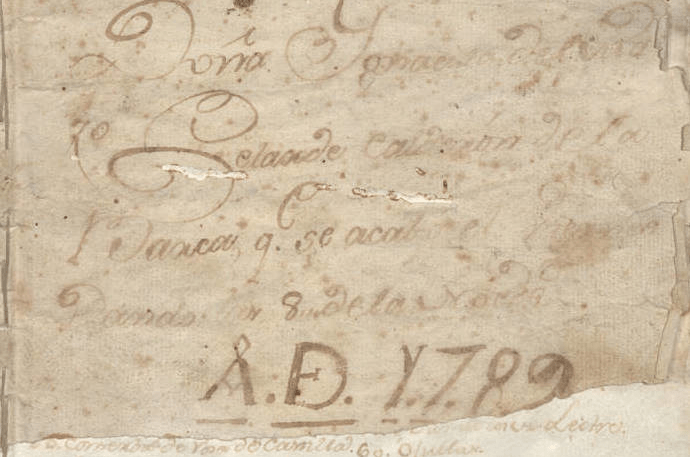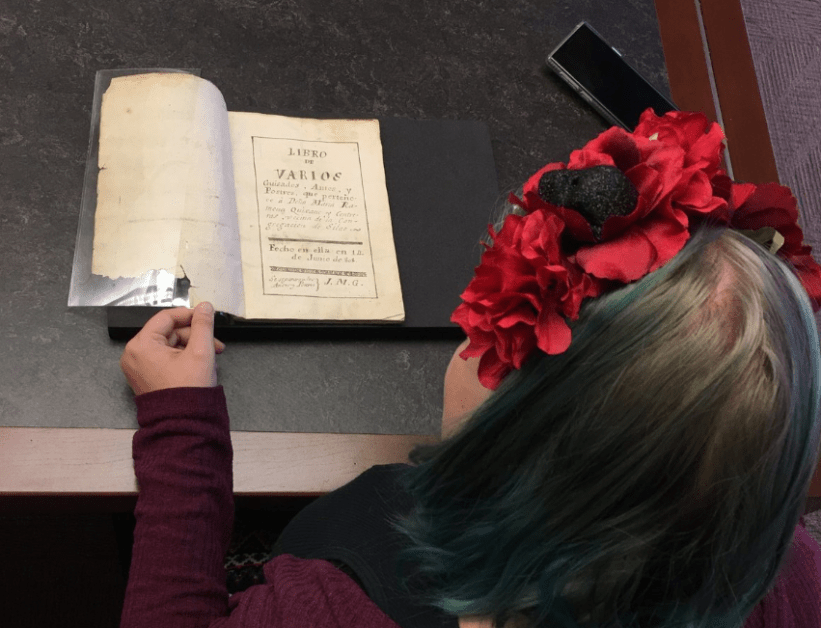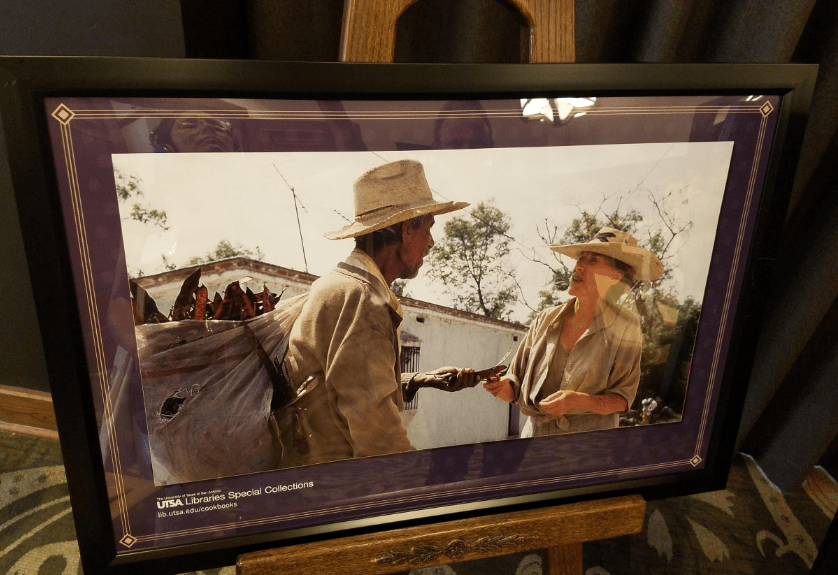Hundreds Of Historic Handwritten Mexican Cookbooks Are Now Available Online
Published on May 22, 2020 at 9:48 AM by Mc Noel Kasinja
North America’s largest-known Mexican cookbook collection, including a 200-year-old handwritten specimen, is now available online.
Currently, the University of Texas at San Antonio’s historical Mexican cookbook collection is accessible for public consumption.
The assortment includes a manuscript from 1789, written by Doña Ignacita, a woman who probably served as the kitchen manager for a well-to-do family, as Smithsonian Magazine notes. The handwritten book includes specialties like ‘hidden vegetable stew’ and ‘orange soup’.

As Atlas Obscura reports, the UTSA has stepped up digitization efforts to allow people to access the majority of their older books—in particular the fragile, one-of-a-kind manuscript cookbooks. Stephanie Noell, the university’s Special Collections Librarian shares:
“I’ve had students in tears going through these because it’s so powerful to see that connection with how their family makes certain dishes and where they originated.”
Noell adds that she wishes for anyone with an internet connection to have the opportunity to see these treasurable books.
Moreover, UTSA’s outstanding collection includes a timeline, displaying how traditional Mexican and Spanish cuisine mixed during the colonial period.
For example, the librarian points out the 16th-century Spanish conquistador Bernal Díaz del Castillo, who called locals’ corn dishes ‘misery of maize cakes’, while the indigenous Nahua culture considered the Spaniards’ wheat bread ‘famine food’.
However, today’s North American cuisine is indeed defined by the eventual confluence of native and European ingredients and traditions.

The university’s remarkable cookbook assortment features more than 2,000 volumes. It includes 100 manuscripts never intended for public use. In fact, the collection traces its origins to Laurie Gruenbeck’s 2001 donation of nearly 550 cookbooks. Gruenebeck, from San Antonio, gathered her collection during the decades she spent traveling through Mexico.
Interestingly, the Mexican cookbook selection also includes vegetarian cookbooks dating back to the early 1900s.
Diana Kennedy, one of the world’s most famous Mexican food experts, has also contributed to the large collection.
Diana has spent over half a century studying Mexico’s culinary culture. In May 2019, she told Texas Public Radio:
“I wish people would realize that the preparation of Mexican food is detailed, and it takes more time. Most people don’t bother. I do.”

The global availability of the digitized cookbook collection would benefit not only students and professors but also anyone keen on the development of Mexican and Mexican-American cuisine. Rico Torres, chef and co-owner of a progressive Mexican restaurant, shares:
“Aside from the treasure of the recipes, many of these [manuscript cookbooks] read like stories themselves. Often there’s a hint of longing for a dish from a faraway place.”


